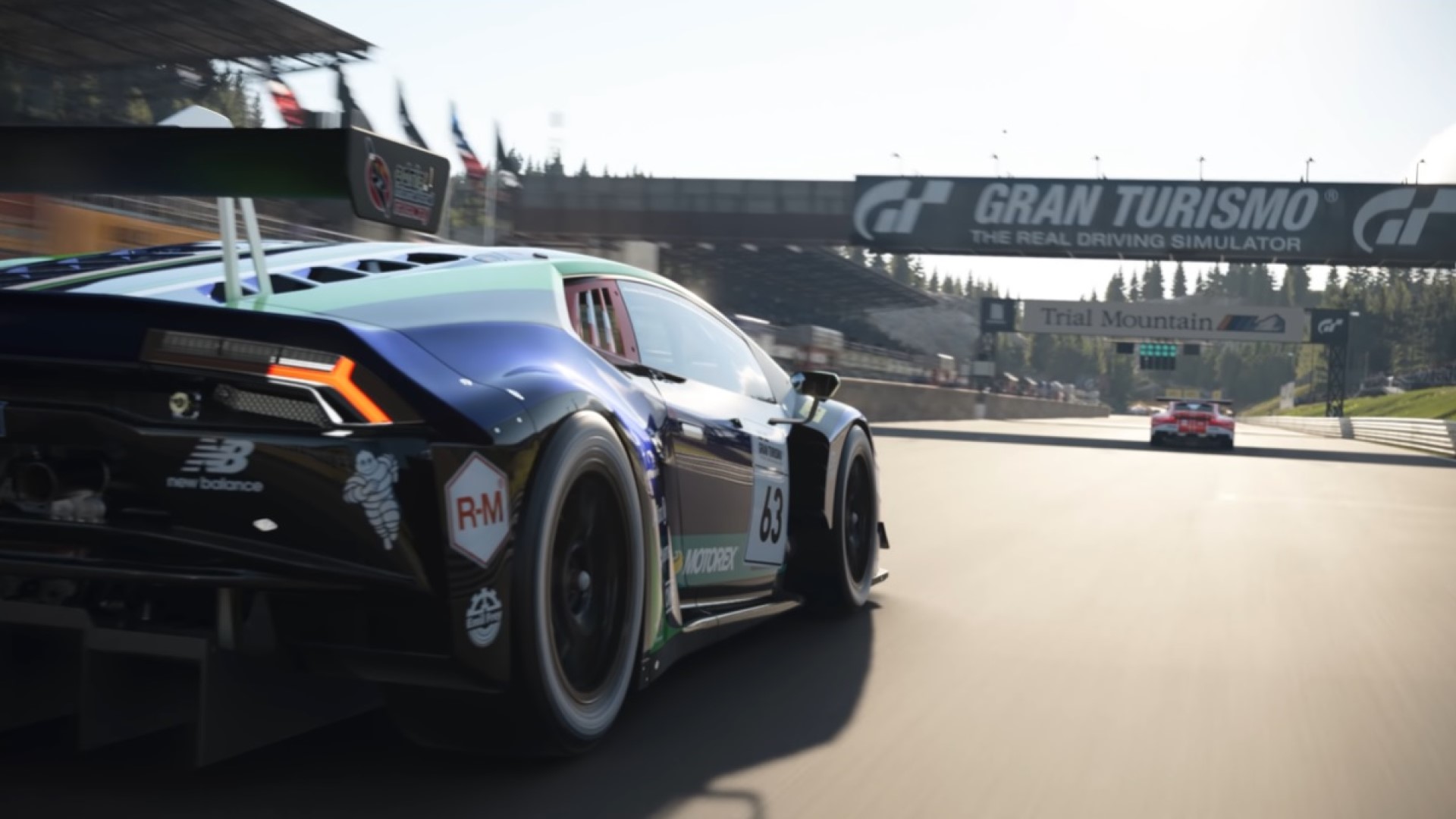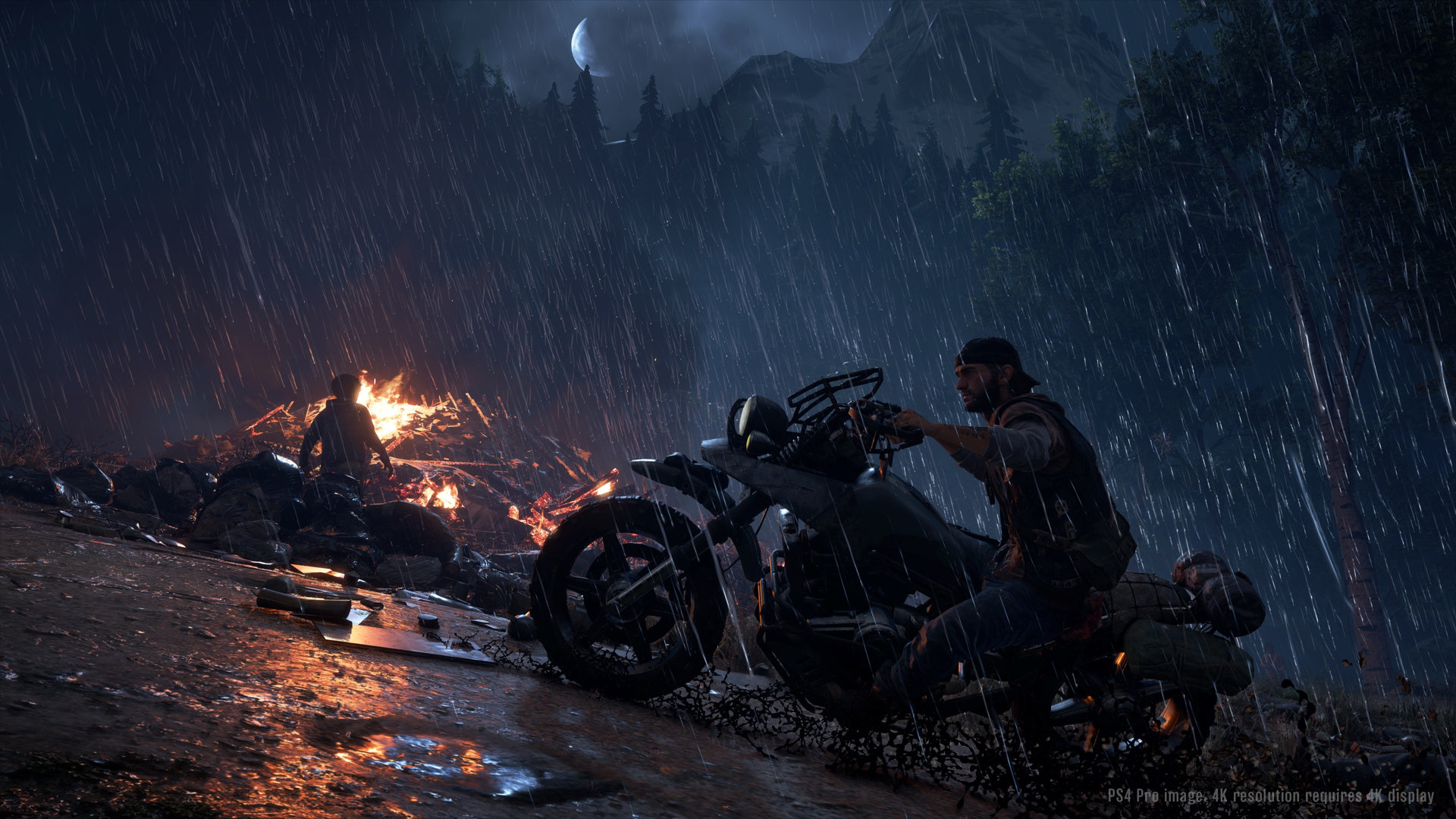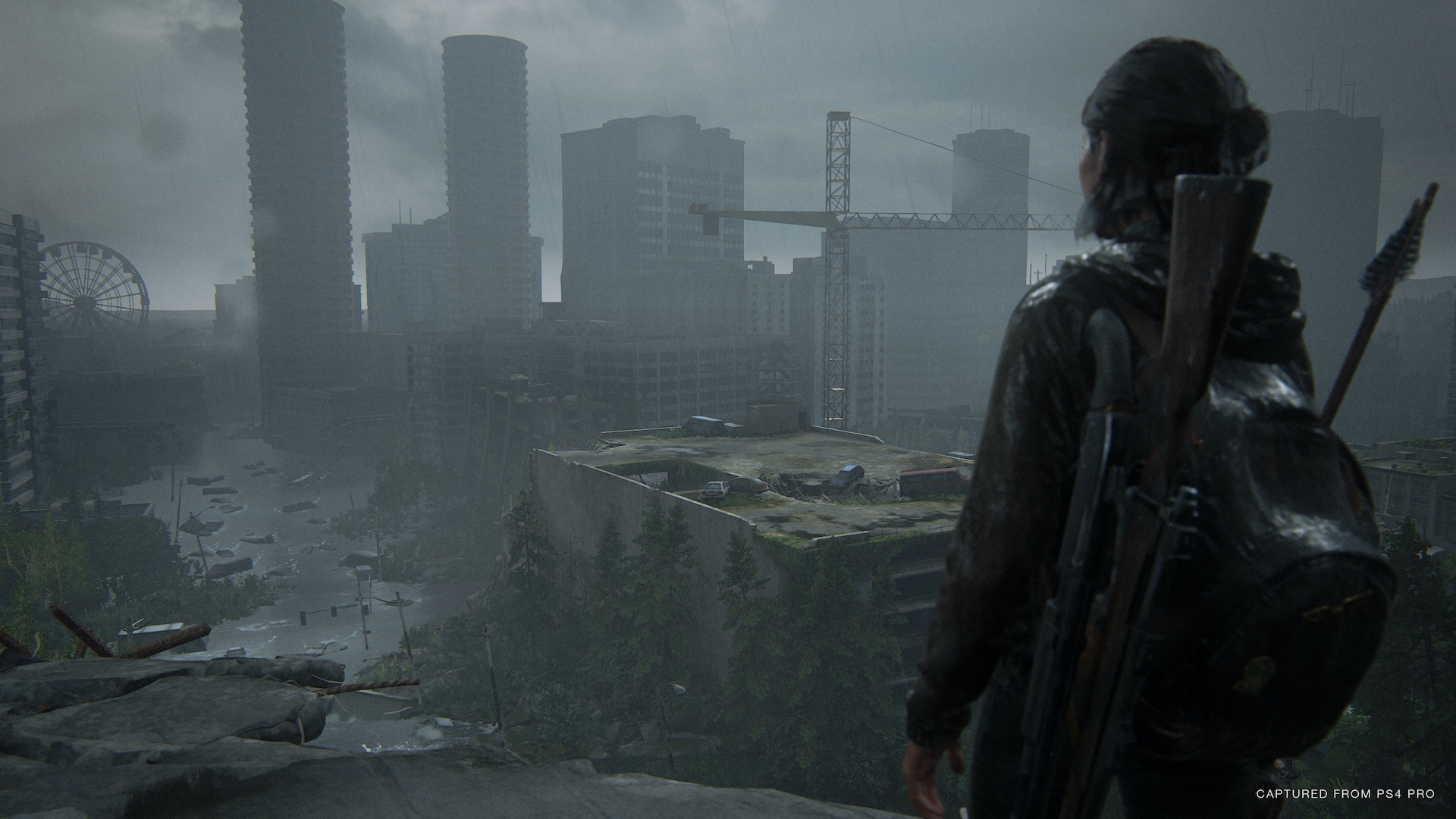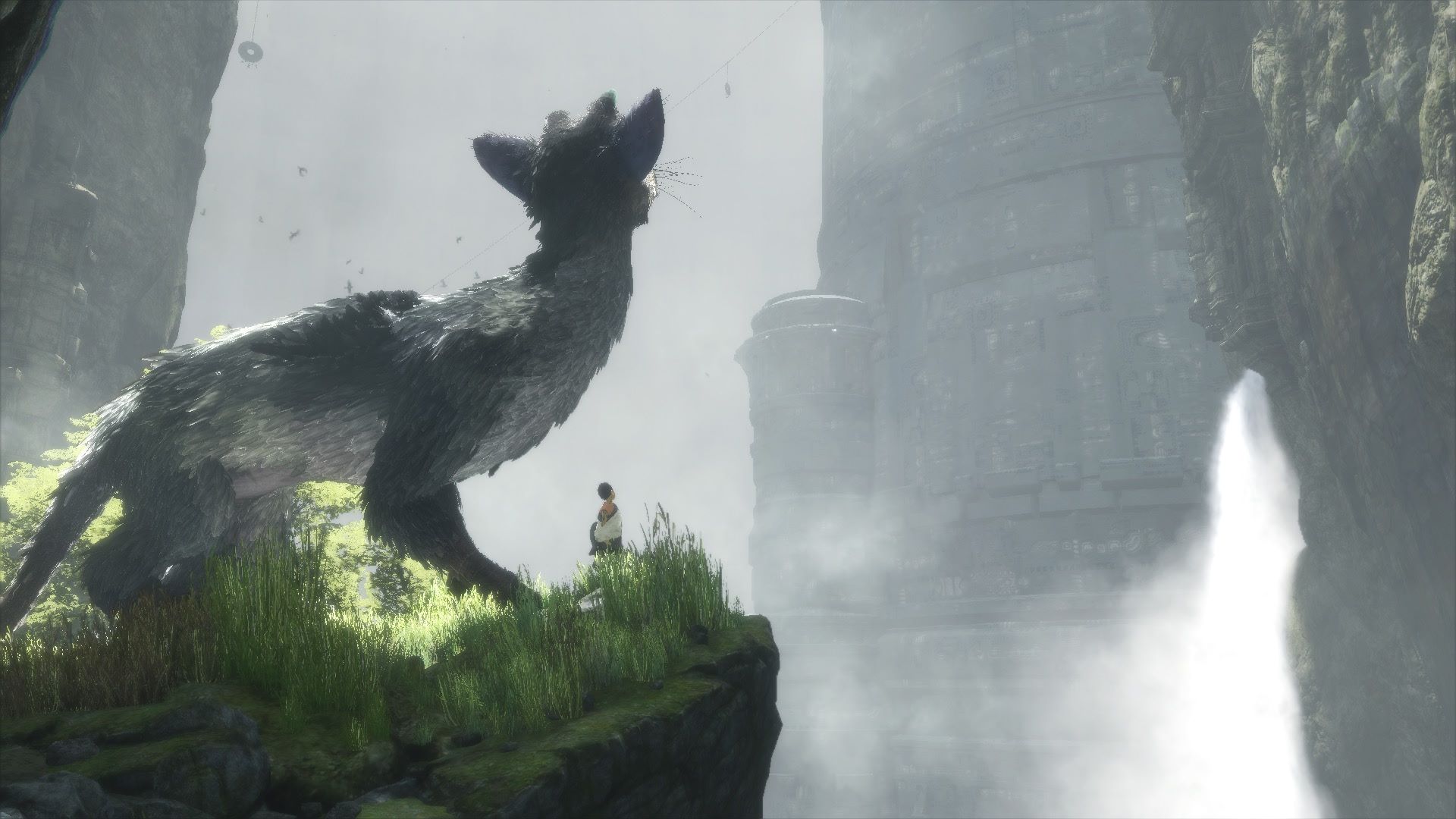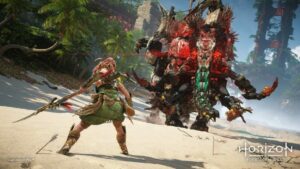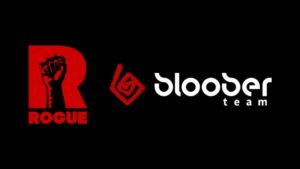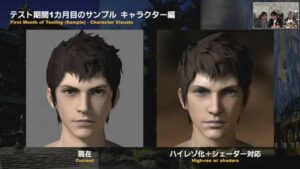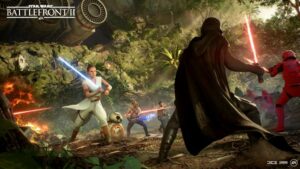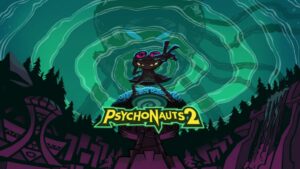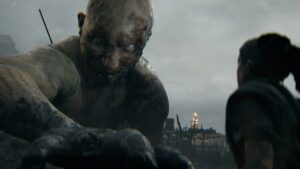As one of the most consistently successful game developers and publishers in the industry, it goes without saying that Sony has perfected the art of building up hype, excitement, and just all around good vibes for its games- but nothing in the games industry is absolute. Sony has fumbled – and fumbled pretty hard – on a number of occasions, in ways that haven’t necessarily impacted their games’ quality, but have definitely made a mark on the discourse surrounding them. Here, we’re going to focus on a few games that went through just that- games that, in terms of pure quality, had more than enough going for them, games that may even have enjoyed incredible critical and commercial success, but games that, for some reason or another, ended up grabbing headlines for all the wrong reasons nonetheless.
KILLZONE 2
The obvious choice- and one of the earliest ones in Sony’s history as a developer and publisher of games, at least on this level. Killzone 2 is obviously an amazing shooter, and stands as one of the PS3’s best games to date. It was clear success on both critical and commercial fronts- but it got off to a bumpy start at the very outset. Sony’s decision to debut the game at E3 2005 with a CG trailer and then try and pass that off as in-game gameplay footage is well known to one and all at this point, as is the backlash that followed as a result.
Already fighting an uphill battle in those early days thanks to the generally lukewarm reception for the disappointing first game, Killzone 2 wasn’t done any favours by the fact that Sony decided to start things off for it with blatant lies to its audiences. Of course, all’s well that ends well, and Killzone 2 ended up looking even better than what that trailer promised- but for quite a while, the game attracted a lot of bad press for the wrong reasons.
GRAN TURISMO 7
Going from the earliest game in our feature to the most recent, Gran Turismo 7 is another game that has managed to attract plenty of negative reception in spite of how solid the game itself is at its core. And it really is solid- after a long lull for the Gran Turismo franchise, it recently came out of the woodworks with one of its best, most detailed, most expansive, and most densely packed entries to date with GT7, and in its very, very early days, the game was enjoying commercial and critical reception on nearly all fronts. But microtransactions (and other things) got in the way, as they often do.
Sony’s decisions to not sell single cars individually, raise the prices of vehicles by significant margins over GT Sport, and strangle the rewards players get in the game so as to push them to spend money did not sit well with the game’s early player base. Combine that with GT7’s servers going completely offline for over 30 hours at one point, rendering the game almost entirely playable – including its solo content – and what we got was a whirlwind of backlash. GT7 was heavily review bombed by players, and though developer Polyphony Digital has started making changes to address a number of monetization concerns (and will supposedly continue to make more), there’s plenty of skepticism out there right now for how Gran Turismo 7 will evolve going forward.
DAYS GONE
SIE Bend Studio had been relegated to working on handheld spinoffs of other Sony studios’ franchises for a while, first with Resistance: Retribution on the PSP and then with Uncharted: Golden Abyss on the PS Vita, but in the PS4 era, the studio finally got its shot at making its next big AAA console IP. Days Gone launched when Sony’s first party portfolio was truly coming into its own- which proved to be a bit of a curse for the post-apocalyptic title. Though it wasn’t a game without its merits by any means, it also had plenty of issues, and when the inevitable comparisons with the likes of Horizon Zero Dawn and The Last of Us came, Days Gone just couldn’t compete.
That wasn’t all though. As we would go on to find after the game’s launch, its development cycle was a pretty troubled one- which, in retrospect, explains a lot. Ideas had to be cut out, compromises had to be made, things had to be scrapped and redone, there were internal issues at the studio, and though pretty much all of these things happen during the course of any game’s development, they impacted Days Gone more severely than Sony would have liked. With a sequel pitch having been turned down and Sony Bend now working on a new IP, there’s no telling if Days Gone has any sort of a future.
THE LAST OF US PART 2
The Last of Us Part 2’s insane controversies were dominating discussions and headlines for a good, long while back around the game’s launch partway through 2020, to the extent that often, it felt a little too much. Naughty Dog’s action-adventure sequel had immense hype and expectations to live up to, and in more ways than one, it did, with its incredible blend of stealth, horror, and action gameplay, its improvements in level design, its stunning visual fidelity and art design, and more. Where the game’s story was concerned though, not everyone was happy.
We’re not going to go into spoilers here, obviously, but The Last of Us Part 2 made a lot of big, bold narrative decisions- but not everyone who played it was thrilled with how much it veered away from expectations. Where many wanted a story that would follow in its predecessor’s footsteps, The Last of Us Part 2 took a hard left turn and based its entire story, from beginning to end, on key story developments that got extreme reactions out of people. The fact that many of these leaked before the game came out and generated negativity around it before anyone could even play it did not help matters.
THE LAST GUARDIAN
How long were we waiting for The Last Guardian? The now defunct SIE Japan Studio – in particular its Fumito Ueda-led Team Ico – had delivered to unforgettable PlayStation classics in the past with Ico and Shadow of the Colossus, and The Last Guardian, which was first announced way back in 2009, was expected to deliver something similar. But the wait for it proved to be long and torturous. The Last Guardian was delayed multiple times, to the point where it was often believed to be shovelware.
Of course, the game would eventually go on to make its gran return to the spotlight at E3 2015, before then launching the following year. Did The Last Guardian live up to all those expectations, justify that long, long wait for its release? It depends on who you ask- there are just as many people who absolutely adore the game as there are those who despise it. For a long time before the game even released though, its protracted and troubled development cycle ensured that it would grab many headlines- and not necessarily for the reasons Sony or its developers would have wanted.
- "
- 2020
- 7
- Absolute
- Action
- All
- announced
- Another
- around
- Art
- Battle
- before
- BEST
- Bit
- Building
- cars
- coming
- commercial
- Console
- content
- continue
- could
- created
- critical
- Design
- Developer
- developers
- Development
- developments
- DID
- digital
- down
- During
- e3
- Early
- ends
- Feature
- fidelity
- Finally
- First
- Focus
- follow
- Forward
- Franchises
- future
- game
- gameplay
- Games
- Games Industry
- good
- grab
- having
- Headlines
- help
- here
- history
- How
- HTTPS
- ICO
- in-game
- Including
- industry
- IP
- issues
- IT
- Japan
- Key
- launch
- launching
- Level
- Long
- Making
- mark
- Matters
- May
- money
- more
- Other
- People
- play
- player
- players
- playstation
- Plenty
- Point
- portfolio
- press
- prices
- ps4
- publishers
- quality
- raise
- RE
- reactions
- reasons
- release
- released
- review
- Rewards
- s
- sell
- significant
- So
- Sony
- spend
- Spotlight
- start
- started
- Story
- studio
- success
- successful
- Team
- The
- thrilled
- Through
- time
- Title
- trailer
- us
- Vehicles
- wait
- What
- WHO
- working
- year
- youtube
- zero
